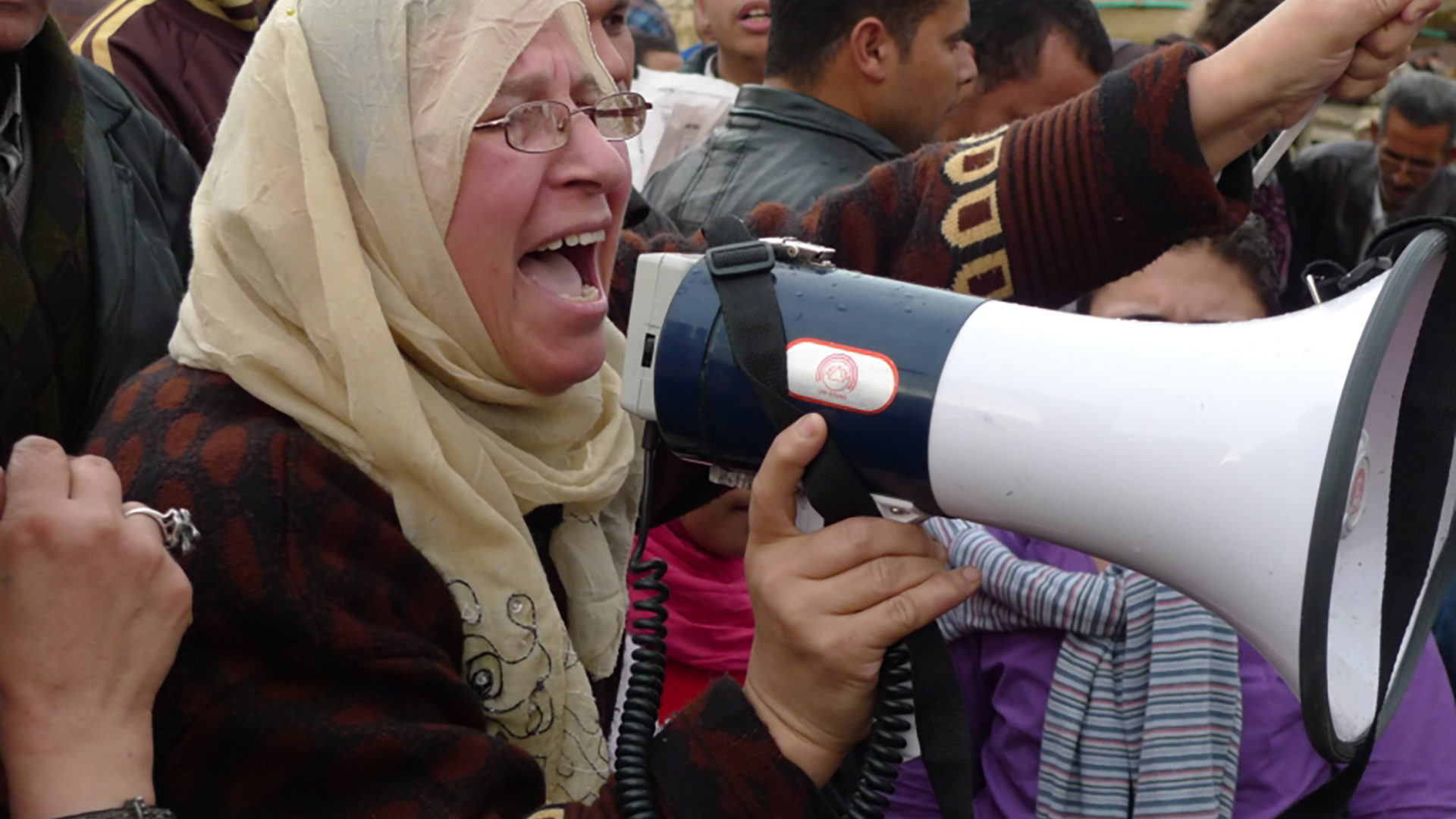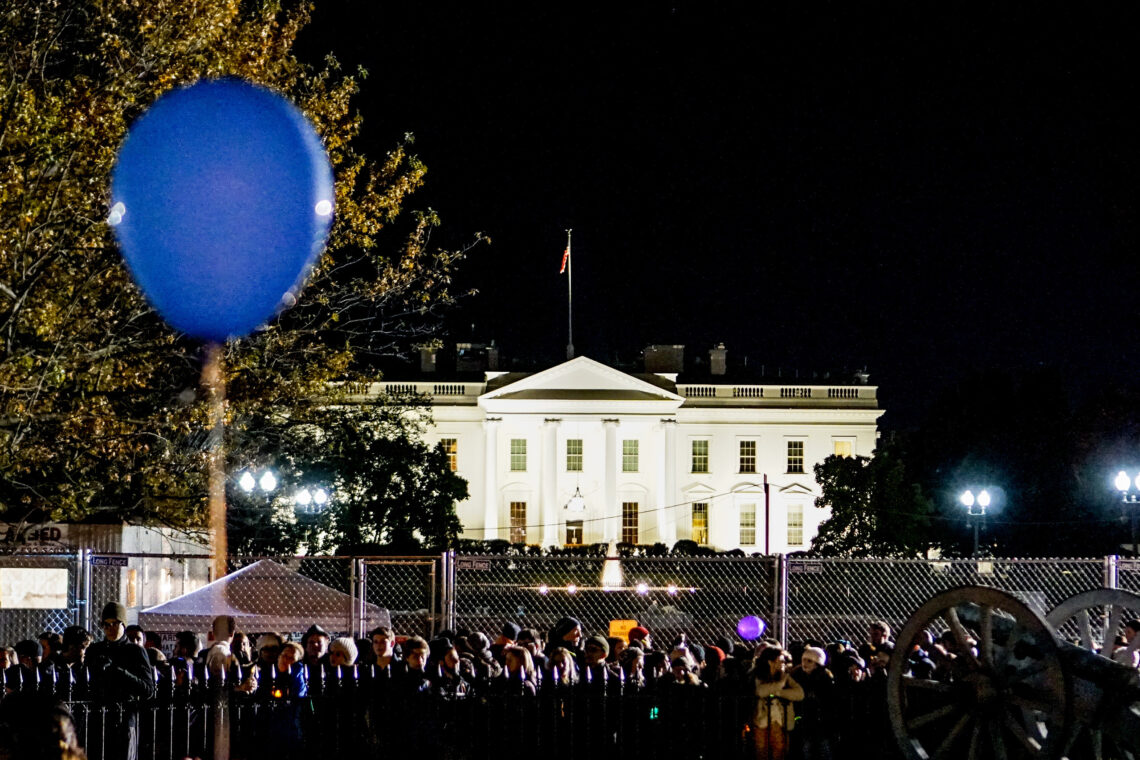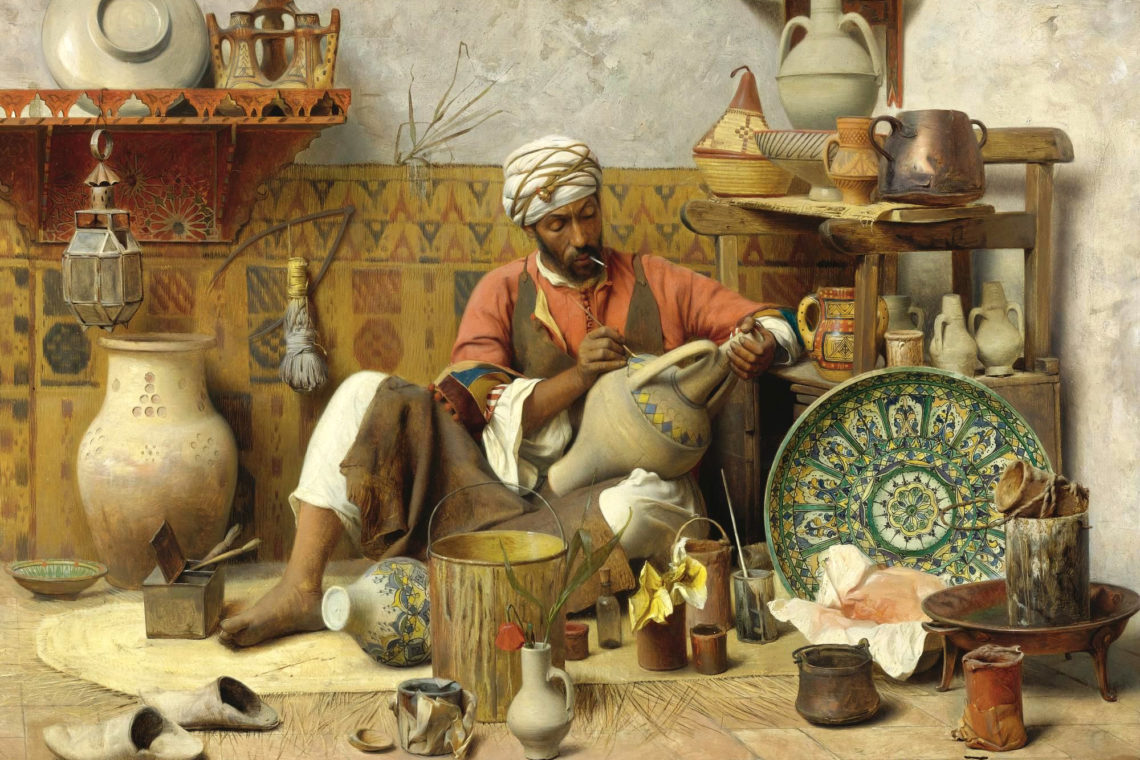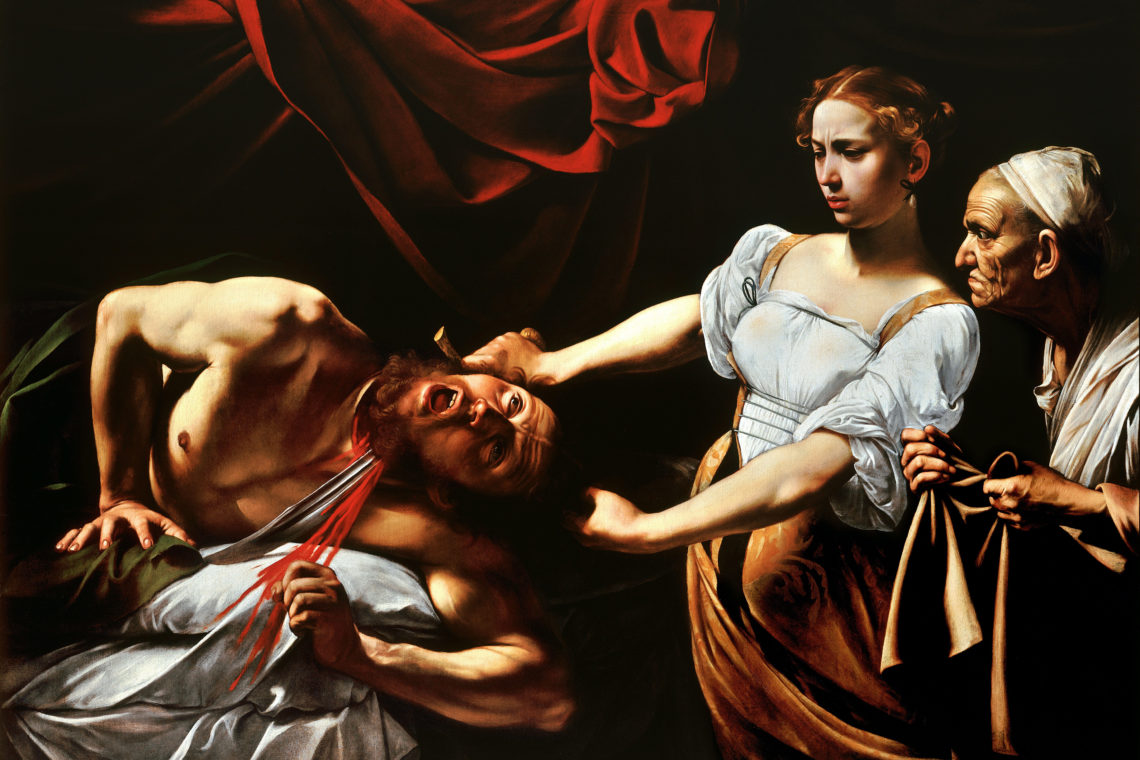The “fall of dictators” has been celebrated everywhere as the well-deserved victory of oppressed youth over an aging ruling elite. First Tunisia, then Egypt and Libya, and judging from the unrest in the regions of the Middle East and North Africa, it is very likely that other nations will follow. It is important to note that although the dictators might have left office the institutions that allowed them to rule with an iron fist are still disabling half of the youth in these countries: women.
Both the Tunisian and Egyptian revolutions have been male dominated not only at the level of leadership but also, and more importantly, in the discourse. The language of these uprisings has misogynist overtones. This is a revolution of which only “real men” are capable. Mohamed Bouazizi, whose self-immolation triggered the Tunisian protests, has become rajl (man)–the epitome of manhood. The Egyptian journalist Abdel-Halim Qandil stated that “Egypt needs a man like Mohamed Bouazizi.” The question following the fall of Tunisian President Zine El Abidine Ben Ali and Egyptian President Muhammad Hosni Sayyid Mubarak was if Algerians, Jordanians and other Arabs are rjal (men) enough to do what Tunisians and Egyptians have done. The Egyptian riots were often seen as fruitful unrest carried out by abna’ misr (sons of Egypt) while banat misr (daughters of Egypt) are not even considered.
Not that feminine activism has been entirely absent. Arabic-language television stations made it a point to emphasize women’s presence among the crowds in Tunisian streets and in Egypt’s Tahrir Square. In anticipation of Western critique, the Arab networks strategically disseminated images of protesting women to demonstrate that Muslim women, like men, are the victims of dictatorship. Less “official” YouTube videos made by individuals in the streets of Tunisia and Egypt tell a different story: public space which was already the domain of men before the revolutions became even more so in the days following the revolutions. Videos filmed in Tunisian streets at night depict young men armed with knives and sticks having taken charge of their neighborhoods.
Women were not entirely absent from written accounts of the revolution either. While North American publications have commented on the corruption of Ben Ali and his regime, Arabic, French, and Spanish newspapers were dominated by the figure of Leila Trabelsi, Ben Ali’s wife. To the Spaniards she was “la jefa de la orquesta” or “the head of the orchestra” as El País called her, while in French publications she became known as “la régente de Carthage,” using the title of her unauthorized French biography. Similarly, in Arabic-language newspapers she has been constructed as a manipulative gold digger. From humble beginnings as a hairdresser, she rose to become the most powerful woman in Tunisia, rendering her husband impotent way before the street removed him from office.
The Tunisian “Jasmine” and Egyptian “ful” (fava beans) revolutions might have been facilitated by twenty-first century technologies (Twitter, Facebook, blogs. . . etc.) but the rhetoric is not new. Muslims have an uneasy relationship with powerful women. That is not to say that women are incapable of abuse, oppression and manipulation. Nor is it to claim that Muslim cultures are unique in their patriarchal insecurities and anxieties. It is to say, however, that while men are celebrating other men for their “victories,” Muslim women’s revolution has yet to take place. Even in a country such as Tunisia, held by many as the model of Muslim women’s emancipation, women are still inferior to men under the law. Muslim women still inherit less than Muslim men. Their countries do not recognize legally their marriage with non-Muslim men. In many Muslim countries, women are deprived of their constitutional right to free movement: they cannot leave their countries without the approval of a male tutor. In 2011 in most Muslim countries, a man and a woman cannot share a hotel room until they show proof of their marriage. This morose picture is not likely to change under a new dawn, whether it smells of jasmine or beans. If an Islamic movement rises to power, it is undeniable that women and other groups like Christians and Jews will not be better off.
Hence, as these twenty-first century victories are being prematurely celebrated from the comfort of one’s home behind one’s computer screen (the real locus of the revolution), it is important to remember the potential cost of these revolutions. It is true that many Arab youngsters “man up” and dispose of their fear of rulers, but we have not yet seen how they “woman up” in their pursuit of freedom, happiness, and dignity, which is far from trivial.





I am glad such a magazine exists.